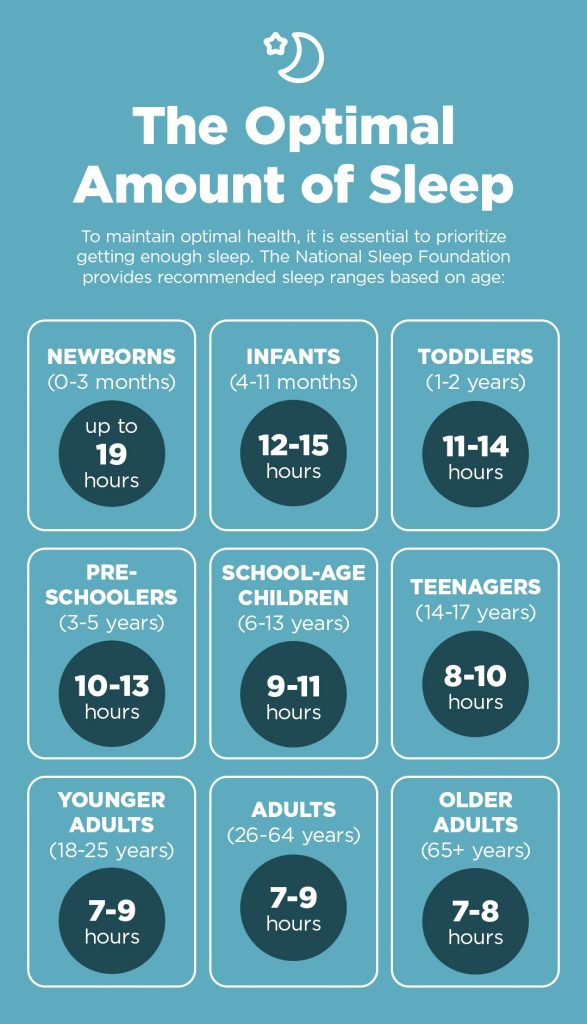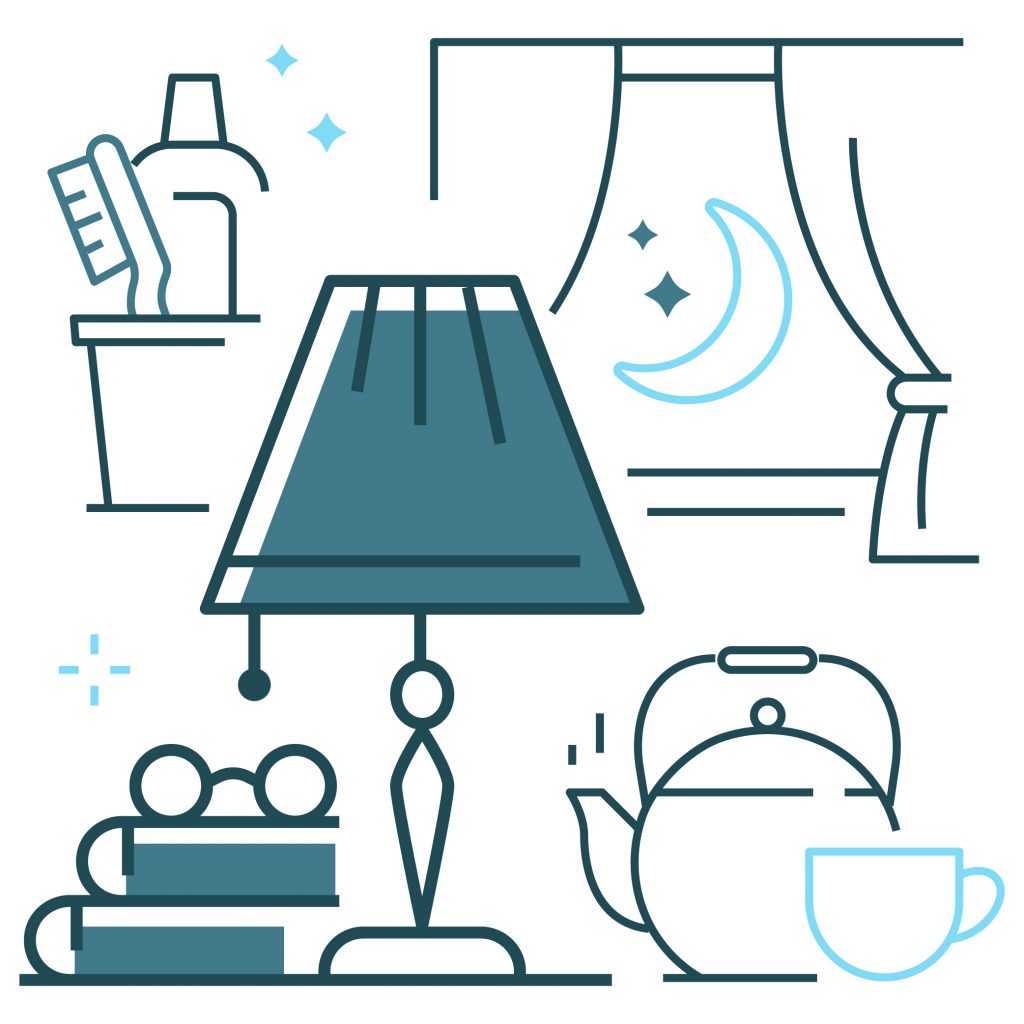
Sleep is something we all do, yet it is one of the least understood functions of the human body. Dr. Matthew Walker, a respected neuroscience professor, highlights a compelling connection between sleep and our immune system. This two-way relationship sheds light on how enhancing your sleep patterns can empower your body’s innate ability to fend off threats from pathogens.
Your sleep could be your secret weapon for staying well. By understanding the influence of sleep on immune health, you can improve your sleep habits to support your body’s natural defenses against pathogens.
The Connection Between Sleep and Immunity
Our sleep-wake cycle, also known as the circadian rhythm, plays a crucial role in regulating our sleep patterns. This cycle controls interactions between the central nervous system, endocrine system, and immune system. Ackermann et al. conducted a study to explore this connection. They compared white blood cell counts in individuals with regular sleep and those who were severely sleep-deprived. The outcome was significant: sleep deprivation led to an increase in white blood cell counts, specifically granulocytes which are vital infection fighters. This finding shows the impact of sleep loss on the immune system’s function.
During sleep, our body releases cytokines (small proteins that act as messengers during stressful situations or infections) to aid our body’s defense against invaders (pathogens). The disruption caused by sleep deprivation affects cytokine production and slows down the immune system’s ability to defend against infections. It’s a reminder of how crucial good sleep is for maintaining our body’s frontline of protection.

The Long-Term Effects of Sleep Disruption
A study conducted by the Icahn School of Medicine at Mount Sinai revealed the long-lasting impact of chronic sleep disruption on immune system health. The study, published in the Journal of Experimental Medicine, showed that sleep deprivation changes the DNA structure inside immune stem cells (which produce white blood cells).
The study found that consistently losing an hour and a half of sleep per night increased the risk of inflammatory disorders and cardiovascular disease. The immune cells produced by these altered immune stem cells can overreact, leading to excessive inflammation. That study also found that catching up on sleep does not reverse the harmful effects of sleep disruption. Even if you get weeks of good sleep afterward, the molecular memory of insufficient sleep remains in these immune stem cells, causing them to respond inappropriately and contribute to inflammation and disease.
The Link Between Good Sleep and Immunity
While poor sleep can have detrimental effects on immune system health, getting a good night’s sleep can boost our immunity. Quality sleep plays a key role in strengthening Helper T cells, which are responsible for recognizing harmful bacteria and viruses and triggering antibodies to fight them off.
When foreign invaders enter our body, our immune cells release a protein called integrin. This protein helps T cells connect with antigens on the invaders and eliminate them. A study published in the Journal of Experimental Medicine revealed that T cells become active during sleep and can identify factors that might block their ability to latch onto invaders effectively.
While we sleep, stress hormones like adrenaline and noradrenaline, along with pro-inflammatory molecules like prostaglandins, decrease. This reduction in stress hormones and pro-inflammatory molecules lets T cells work better, giving a boost to our immune response. It’s like giving our body’s defenders a power nap to fight off threats more effectively.
How much sleep do you need?
The National Sleep Foundation offers sleep guidelines based on age:
- Newborns (0-3 months): 11-19 hours*
- Infants (4-11 months): 12-16 hours
- Toddlers (1-2 years): 11-14 hours
- Preschoolers (3-5 years): 10-13 hours
- School-age children (6-13 years): 9-11 hours
- Teenagers (14-17 years): 8-10 hours
- Younger adults (18-25 years): 7-9 hours
- Adults (26-64 years): 7-9 hours
- Older adults (65 years and above): 7-8 hours
*Note that sleep suggestions for newborns can differ widely, from as low as 11 hours to as high as 19 hours, depending on the newborn.
Keep in mind that these are average recommendations, and individual sleep needs can differ. Factors like illness, travel, or lifestyle changes might mean you need more sleep than usual. It’s all about listening to your body and giving it the rest it needs to stay at its best.

How to Sleep Better
Making small changes to our daily routines and lifestyle can go a long way in improving the quality and quantity of sleep boosting our body’s ability to naturally protect itself.

Establish a routine.
To help your body learn when it’s time to be awake and when it’s time to rest, set a consistent wake-up time and bedtime, even on weekends.
Try to eat, work out, and shower around the same times every day. These activities can act as natural cues for your body’s internal clock, helping sync your body’s rhythm with the 24-hour day.
Make your bedroom a sanctuary.
Your sleep environment makes a big difference in your sleep quality. Remove clutter, keep only items that make you happy, and add soothing elements like soft lighting and live plants to create a positive atmosphere.
Consider investing in quality bedding, pillows, and a comfortable mattress. When your bed feels like a retreat and your space is cozy, you’ll go to bed feeling content, which can greatly improve your sleep.


Let the natural light in.
Spending time in natural daylight is a powerful way to regulate your body’s internal clock. Getting sunlight exposure in the morning helps your body establish its natural rhythm, which in turn regulates functions like temperature, metabolism, and digestion. This healthy circadian rhythm (the cadence at which our body rests, stays asleep, and wakes) ensures better sleep patterns and overall well-being.
Put screens away
Reduce screen time before bed to improve sleep. The blue light from devices like phones and tablets can disrupt your sleep patterns.


Avoid caffeine and alcohol.
Opt for caffeine in the morning for improved sleep. Caffeine can disrupt your sleep by increasing alertness and affecting early sleep stages. When this happens, you lose out on more slow-wave sleep that allows your body and brain to recover from the day.
People react differently to caffeine and alcohol. Genetics can affect caffeine metabolism, so understand your own body’s response. Alcohol generally disturbs sleep patterns. Be cautious of alcohol consumption even hours before sleep, as it can impact sleep quality.
Exercise regularly.
Physical activity is connected to improved sleep quality. However, evening workouts can be energizing, so consider exercising earlier in the day. Finding the right time that suits you could lead to better sleep and more rejuvenation.


Reduce stress.
Persistent stress can negatively impact both the quality and quantity of your sleep, including REM sleep. To counter this, try incorporating stress-reducing techniques into your routine, like mindfulness exercises or spending time on hobbies you love. These practices can ease stress and promote better sleep.
Sleep isn’t just about feeling refreshed – it’s also vital for building a strong and resilient immune system. Support your immune system and overall well-being by prioritizing sleep and adopting healthy sleep practices.
Note: This blog post is for informational purposes only and should not replace professional medical advice. If you suspect you have leaky gut or any health concerns, consult with a qualified healthcare practitioner.


